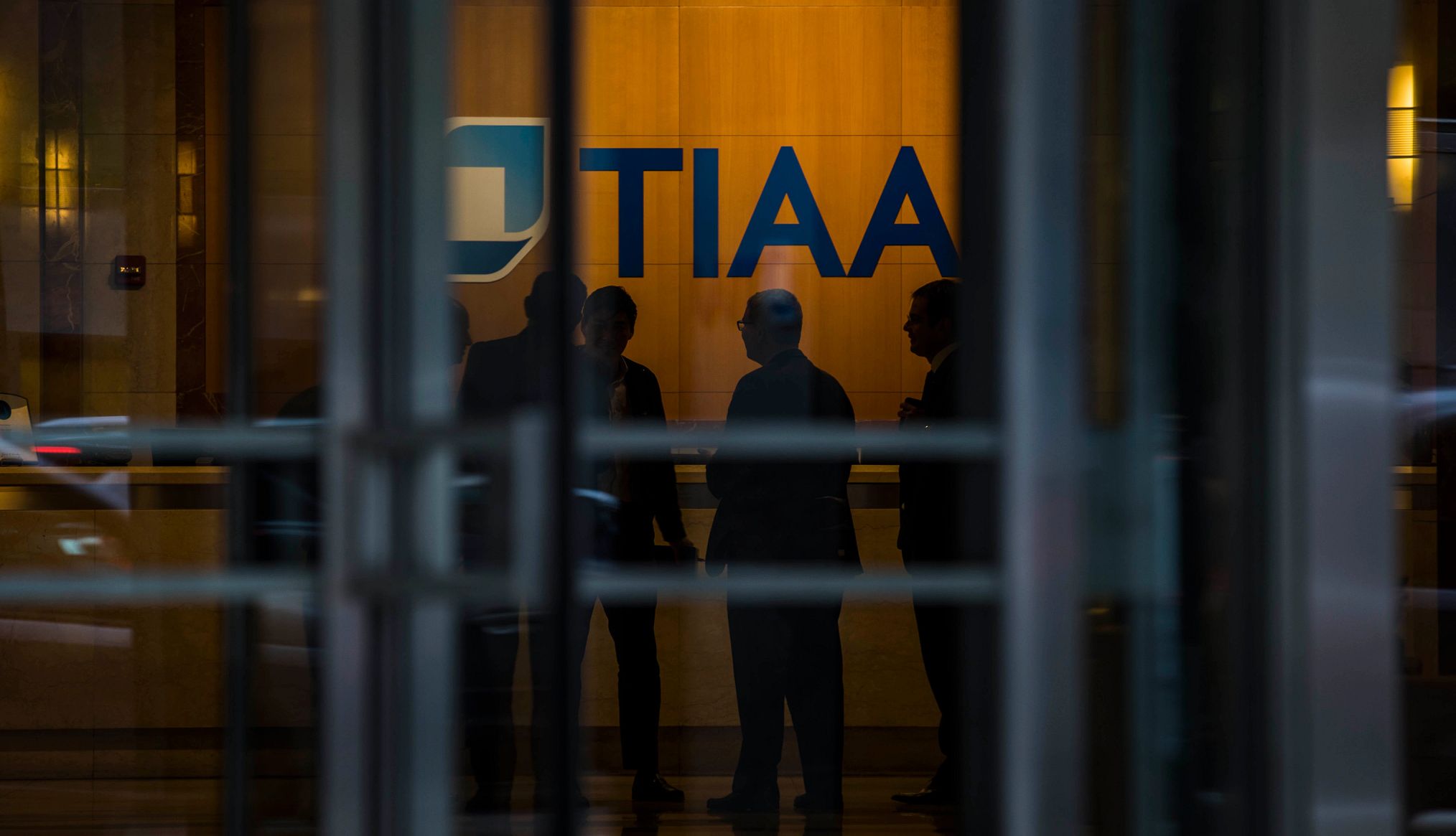AARP Hearing Center


AARP Foundation has joined a class-action lawsuit on behalf of older employees of a major financial services company, alleging the firm mismanaged the retirement funds of 28,000 participants.
The suit accuses the Teachers Insurance and Annuity Association of America (TIAA) of engaging in self-dealing and mismanagement by failing to remove a TIAA-managed fund with high fees and a poor investment record from its employees’ retirement plans.
That plan has underperformed its market benchmark by more than 186 percent since 2009, according to the complaint filed in the U.S. District Court for the Southern District of New York.
The suit, brought by the law firm Sanford Heisler Sharp McKnight, further alleges that TIAA charged employees enrolled in other in-house funds higher fees than other investors, pocketing millions of dollars that could have boosted workers’ retirement savings.
Join Our Fight to Protect Your Retirement
Here's what you can do to help:
- Sign up to become an AARP activist for the latest news and alerts on issues you care about.
- Find out more about how we’re fighting for you every day in Congress and across the country.
- AARP is your fierce defender on the issues that matter to people 50-plus. Become a member or renew your membership today.
“When companies mismanage retirement assets and seek to maximize their own profit by charging exorbitant fees, they jeopardize the retirement security of older adults, particularly harming low- and moderate-income workers,” William Alvarado Rivera, AARP Foundation’s senior vice president of litigation, said in a statement.
“AARP Foundation is fighting to ensure TIAA participants get the retirement income they’ve earned — and the dignity they deserve,” he said.
Ex-employee launched suit
The lawsuit alleges that TIAA’s actions violated the federal Employee Retirement Income Security Act (ERISA). That 1974 law requires retirement plan fiduciaries to closely monitor plan investments, remove imprudent investments within a reasonable time and make all investment decisions solely in the interest of the plan’s participants and beneficiaries.
ERISA also says retirement plan assets must be for the exclusive benefit of plan participants.
Charles Field, Sanford Heisler Sharp McKnight’s lead attorney on the case, says it’s hard to say how much individual TIAA employees, retirees and beneficiaries lost in retirement savings, but “it’s not a small amount.”
“For individuals, it depends on how long they own the fund and how much money they had invested in the fund,” he says.
The suit was filed in May on behalf of Bryan Byrne, a disabled veteran and former TIAA employee whose retirement plan included investments in the TIAA funds. Defendants include TIAA, its board of trustees and members of its Plan Investment Review Committee. AARP Foundation, a charitable affiliate of AARP, joined as co-counsel on Sept. 4.
The foundation’s involvement “further validates our concern that TIAA is mismanaging their retirement plans at the expense of workers’ retirement security,” Field says.
AARP has also fought to protect the federal Retirement Security Rule, which would require financial professionals to put retirement savers’ interests ahead of their own. The rule aims to close loopholes that have allowed some financial professionals to advise retirement savers to choose high-fee products that bring higher commissions but may not reflect what’s best for their clients. The rule was supposed to take effect last year, but it’s on hold pending a legal challenge.



































































More From AARP
Older Adults Face Bias While Job-Searching
AARP supports bills that counter age discrimination at work
Expert Q&A on America’s Retirement Crisis
Two of AARP’s top lobbyists on insufficient funds and how AARP is working to fix that
An Inside Look at How AARP Is Fighting for You
AARP flooded Washington, but our efforts go far beyond the halls of Congress